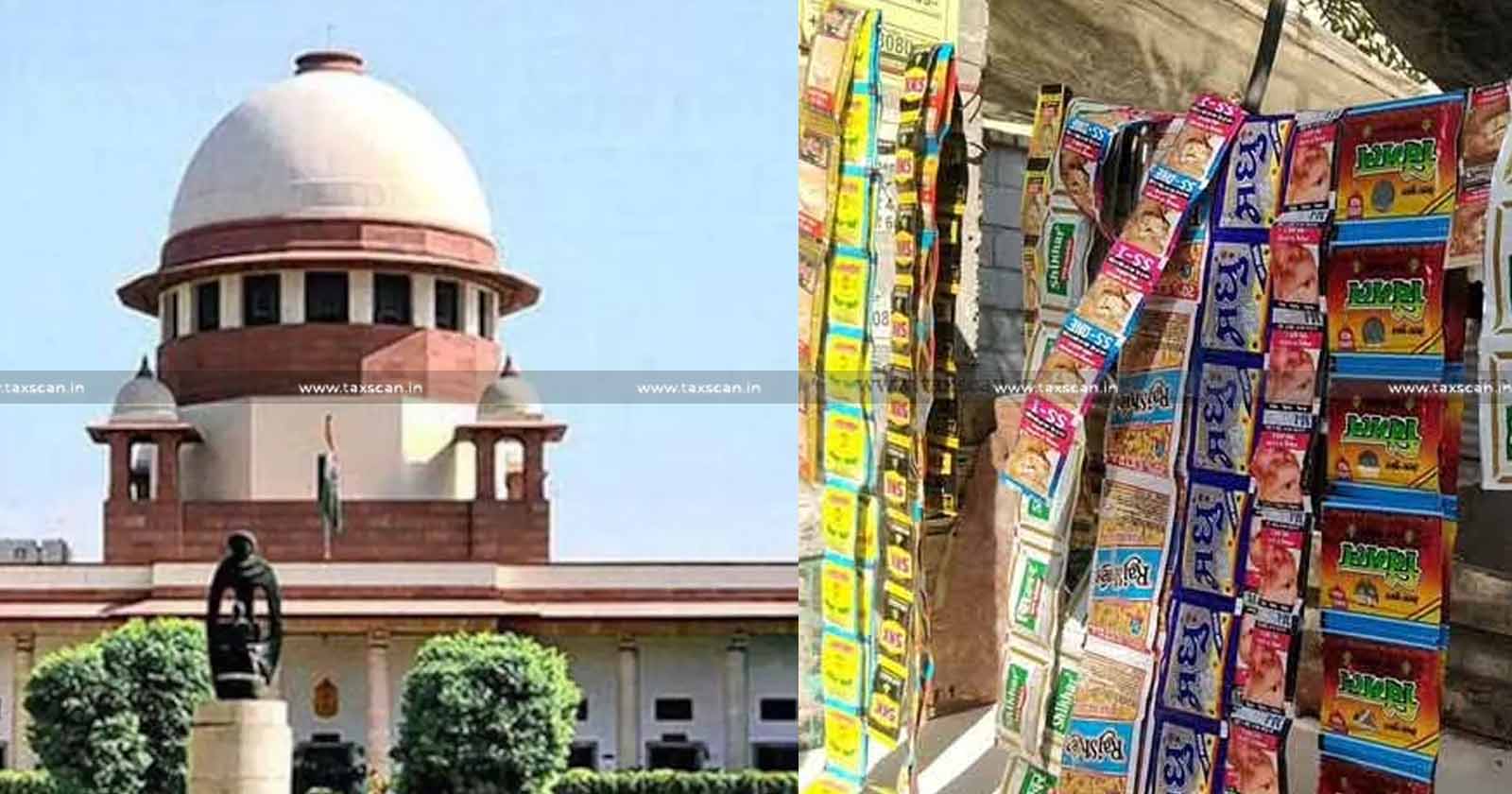State Sales Taxes can exceed Limits of Central Tax on Pan Masala and Gutka: Supreme Court [Read Order]

State – Sales – Taxes – Limits – Central – Tax – on – Pan – Masala – and – Gutka – Supreme – Court – TAXSCAN
State – Sales – Taxes – Limits – Central – Tax – on – Pan – Masala – and – Gutka – Supreme – Court – TAXSCAN
In a major ruling the Supreme Court of India ruled that the state sales taxes can exceed limits of Central Tax on Pan Masala and Gutka.
The appellant, M/s Trimurthi Fragrances P. Ltd, filed the present appeal in respect of five judgments of the Delhi High Court, on the interpretation of the Delhi Sales Tax Act, 1975 (DST Act), on the question of taxability of pan masala or gutka.
The appellant claimed that the state legislatures were not empowered to levy sales tax on those articles, in view of the provision in the Constitution enabling the Union to levy additional duties of excise, and further that in any case, the rate of state tax cannot exceed the limit prescribed by the Central Sales Tax Act.
The Revenue contended that pan masala and gutkha in these cases are separate and distinct entries from tobacco and therefore the state legislatures are competent to tax pan masala and gutkha. There is no dispute regarding distinction between the independent existence of entries, i.e., tobacco and pan masala gutkha, respectively. It was argued that the state legislatures are competent to levy taxes on sale or purchase of the commodities subjected to Additional Duties of Excise (Goods of Special Importance) Act, 1957.
For the question with respect to efficacy or validity of notifications introducing as entries in a schedule and subjecting them to tax, when those articles are part of the statute or are exempted from taxation, the Apex Court took support from the decision of the Constitutional Bench in Trimurti Fragrances (P) Ltd v. Govt of NCT of Delhi, 2022 TAXSCAN (SC) 171 reiterated that goods exempted from sales tax under Section 4 of U.P Sales Tax Act would be eligible to tax by virtue of subsequent notification under Section 3-A of the said Act specifying the rate of sales tax.
The Two-Judge Bench comprising Justices S. Ravindra Bhat and Dipankar Datta observed that “The heading which provides the most accurate description has to be followed. In the present case, there is no doubt, that before 2001, pan masala and gutkha fell within Chapter 21, as pan masala, regardless of whether they contained tobacco. Goods classifiable under Chapter 24, i.e. tobacco items were more general; also they did not include pan masala.”
The Court concluded by noting that gutkha and pan masala are not covered under sub-heading 2404.40 so far as Central Sales Tax Act is concerned. Resultantly the arguments of the assessee’s that the rate of local tax, cannot exceed the limit under the Central Sales Tax Act, are rejected as unmerited.”
To Read the full text of the Order CLICK HERE
Support our journalism by subscribing to Taxscan premium. Follow us on Telegram for quick updates


